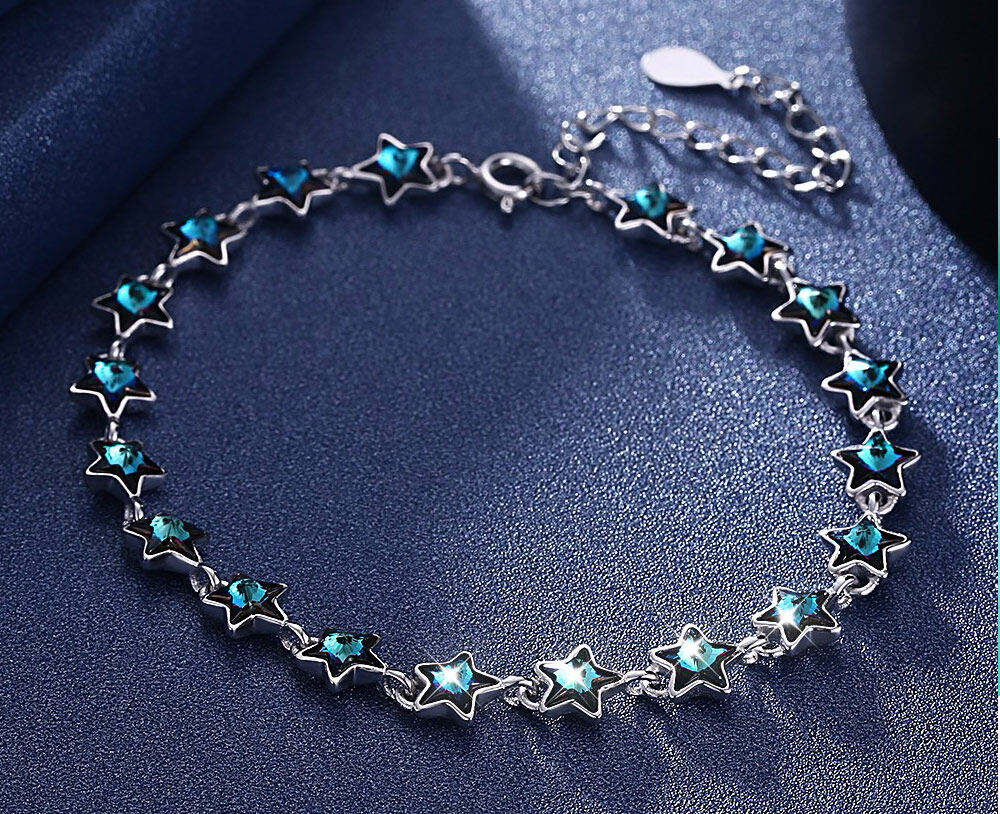
Email format error
Email cannot be empty
Email already exists
6-20 characters(letters plus numbers only)
The password is inconsistent
Email format error
Email cannot be empty
Email does not exist
6-20 characters(letters plus numbers only)
The password is inconsistent


In today's fashion-forward society, accessories have become more than just simple embellishments; they tell stories, express individuality, and often serve as a reflection of cultural influences. Among these accessories, bracelets hold a special place. With a rich history and a diverse range of styles, bracelets are not only cherished by wearers but also represent an intriguing industry filled with creativity and commerce. As we delve into this vibrant world, we’ll explore the role of the bracelet distributor, uncover trends, and discuss the importance of this dynamic sector.
Bracelets have adorned the wrists of individuals across various cultures for thousands of years. The earliest known bracelets date back to around 5,000 BC in Mesopotamia, where they were crafted from materials such as gold, silver, and precious stones. Initially, these adornments were often used as a form of currency or were given as gifts to signify status and wealth.
Over the centuries, the significance of bracelets evolved. In ancient Egypt, they were often worn by pharaohs and were believed to have protective qualities. Meanwhile, in various indigenous cultures, bracelets made from natural materials like leather, wood, and shells were symbols of tribal affiliation and heritage. Today, bracelets have become a global phenomenon, transcending borders and cultural barriers.
In addition to understanding the distribution process, it's exciting to delve into the various styles of bracelets available today. Each design reflects different trends, cultural influences, and personal preferences.
Charm bracelets have made a significant comeback, allowing wearers to express their personalities through meaningful charms. Each charm can symbolize a special memory, interest, or milestone, making these bracelets highly personalized. Distributors often curate a wide selection of charms to cater to diverse tastes, appealing to both young and mature audiences.
Bangles are classic accessories that can be worn alone or stacked for a bolder look. Originating from ancient cultures, these circular bracelets are often made from metal, wood, or glass. Distributors are increasingly sourcing bangles that blend traditional craftsmanship with modern designs, attracting fashion enthusiasts looking for unique pieces.
Leather bracelets exude a rugged charm and are popular among both men and women. They can be simple or adorned with beads and charms. The appeal of leather lies in its durability and the unique patina it develops over time. Distributors focusing on quality materials often find a niche in this market.
Beaded bracelets offer a playful and colorful option for accessorizing. They can be made from various materials, including gemstones, wood, and glass. Many distributors are embracing the trend of using natural stones, which are believed to have healing properties, appealing to wellness-oriented consumers.
Cuff bracelets are characterized by their open design, allowing for easy wear. They can be bold and artistic or simple and understated. This versatility makes them a favorite choice for both casual and formal occasions. Distributors are responding to this demand by sourcing cuffs that cater to different aesthetics, from minimalist to bohemian.

The bracelet market is not confined to a single region; it spans the globe, influenced by various cultures and traditions. Each region has its unique take on bracelet styles, materials, and meanings.
In countries like India and Nepal, traditional craftsmanship is evident in handmade bracelets that incorporate intricate designs and local materials. These bracelets often carry cultural significance and are sought after by consumers interested in authentic and artisanal products. Distributors tapping into this market can promote the rich stories behind each piece.
European fashion hubs like Paris and Milan are known for setting trends in the bracelet industry. Distributors in these regions focus on high-quality materials and innovative designs, catering to fashion-conscious consumers. The fusion of classic elegance with modern flair is a hallmark of many European bracelets.
In North America, consumers embrace a blend of global influences. From bohemian beaded bracelets to sleek metal cuffs, the market is diverse. Distributors here often highlight the versatility of bracelets, encouraging customers to mix and match styles for a personalized look.
Building a community around bracelet distribution can enhance brand loyalty and consumer engagement. Distributors can host workshops, events, or online forums where enthusiasts share their bracelet stories and styling tips. This sense of community not only strengthens customer relationships but also fosters a deeper appreciation for the artistry behind each piece.
Many distributors are now focusing on supporting local artisans and small-scale manufacturers. By collaborating with these creators, they can offer unique, handmade bracelets that stand out in a saturated market. This approach not only promotes fair trade practices but also resonates with consumers who value ethical sourcing.
As sustainability becomes a priority for consumers, distributors are also adopting eco-friendly initiatives. This includes sourcing materials responsibly, reducing packaging waste, and promoting bracelets made from recycled or biodegradable materials. Transparency in sourcing practices can build trust and loyalty among environmentally-conscious customers.
The bracelet distribution industry is a vibrant and ever-evolving landscape, rich with opportunities for creativity and innovation. As we explore the various styles, trends, and global influences, it's clear that bracelets hold a special place in the hearts of many. For distributors, understanding market dynamics and consumer preferences is essential for thriving in this competitive arena.
As we look to the future, the potential for growth remains significant. Whether through embracing technology, fostering community, or supporting sustainable practices, there are countless ways to elevate the bracelet experience for consumers. Ultimately, the journey from design to distribution is a testament to the beauty and significance of these cherished accessories, making them a staple in fashion and culture alike.